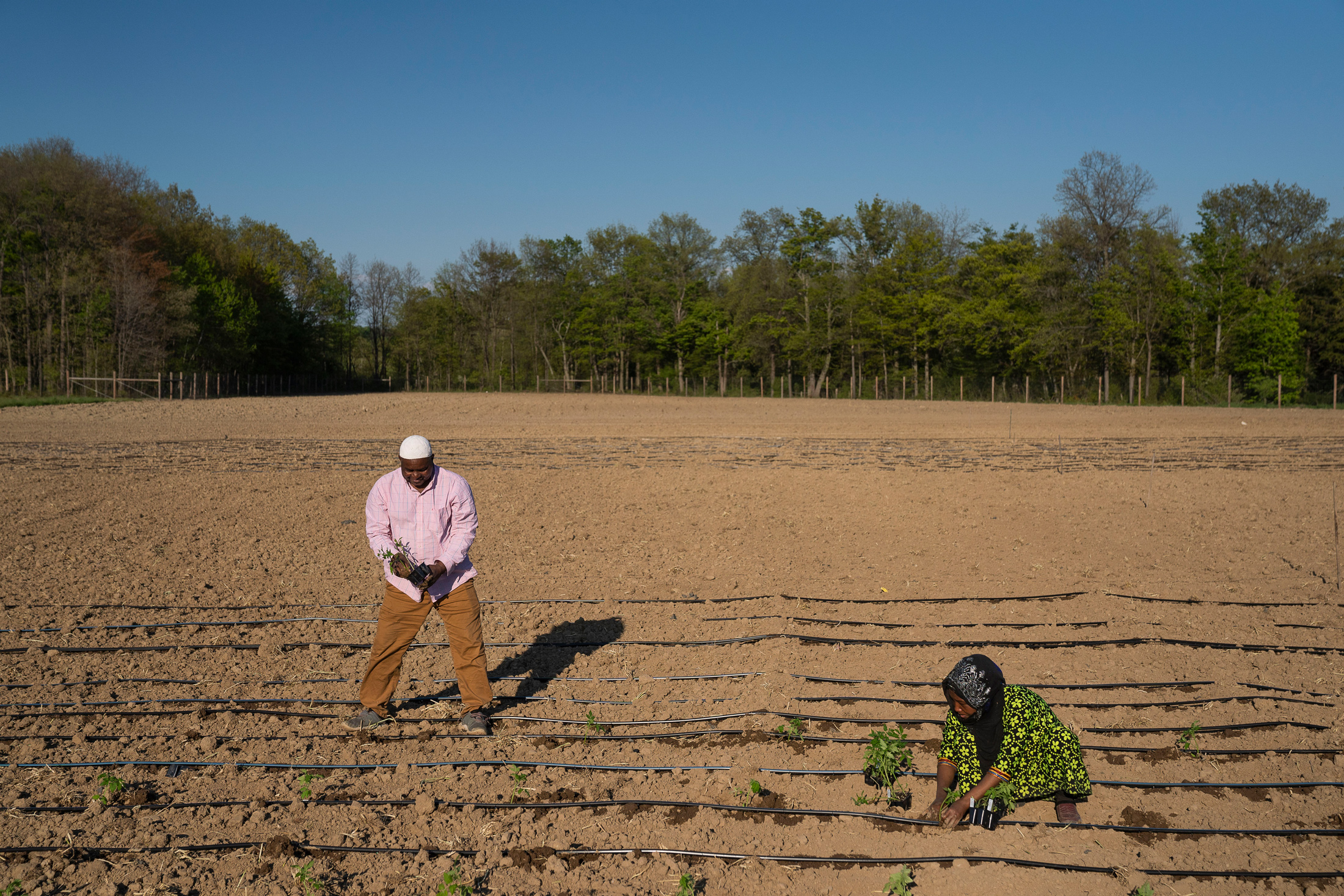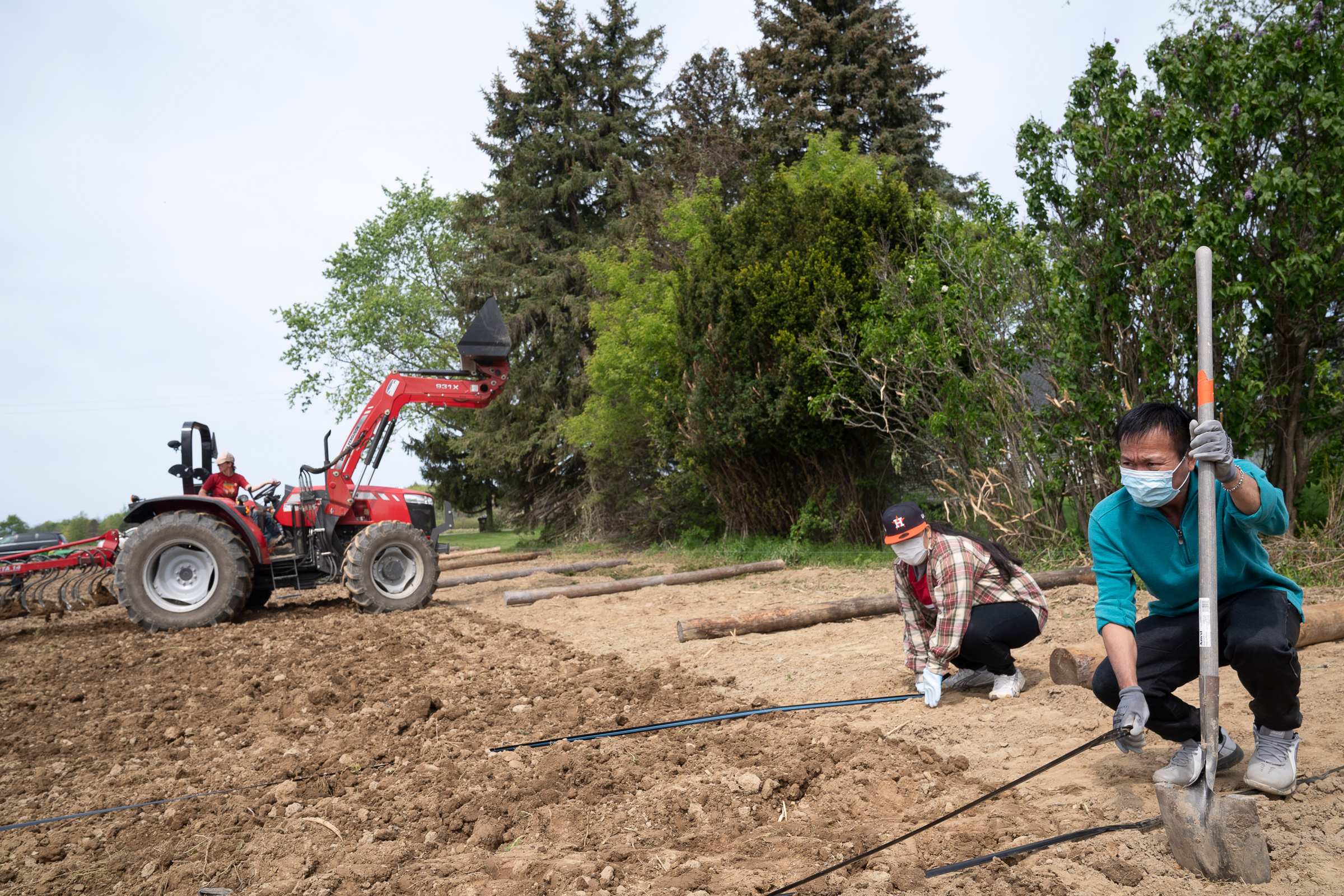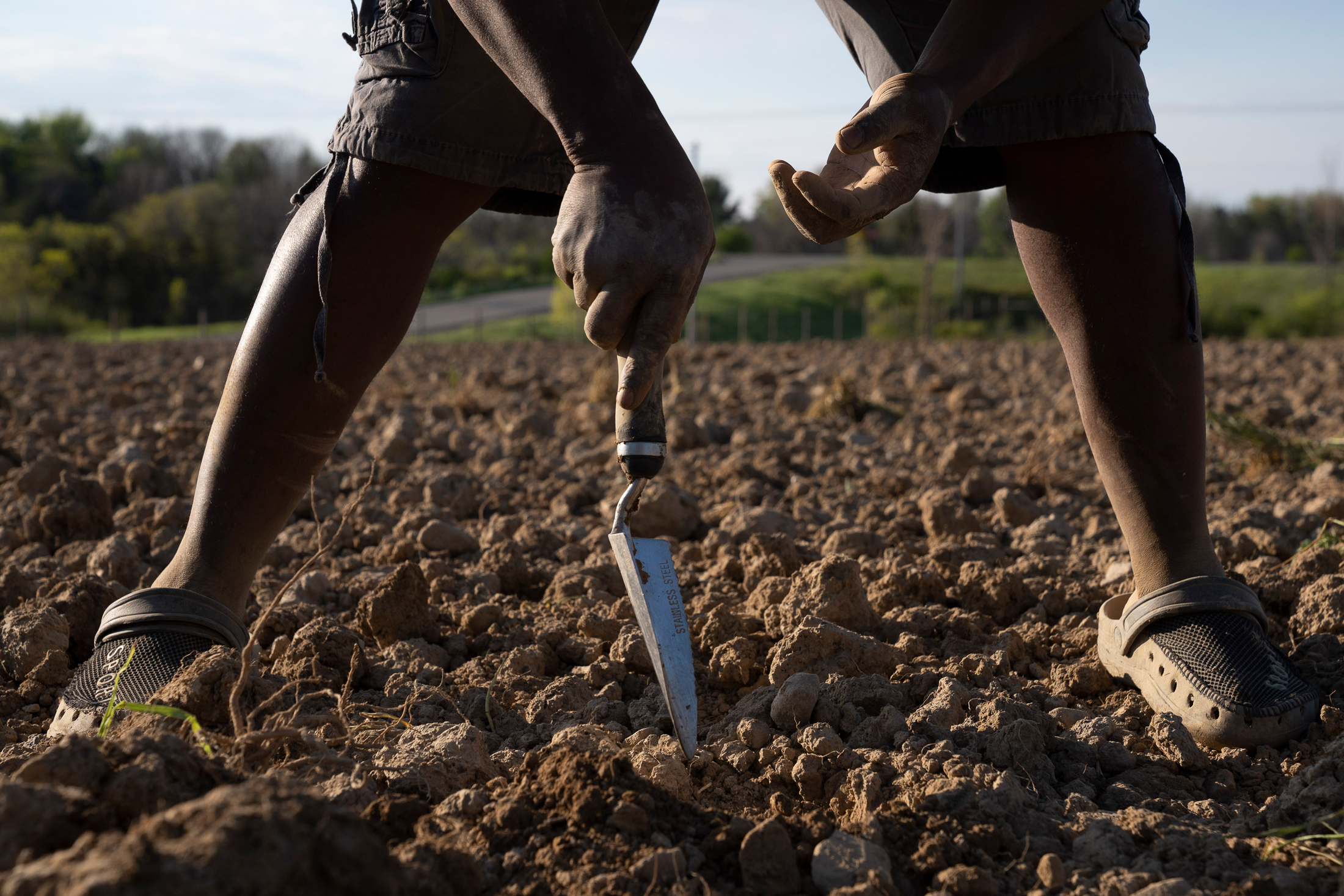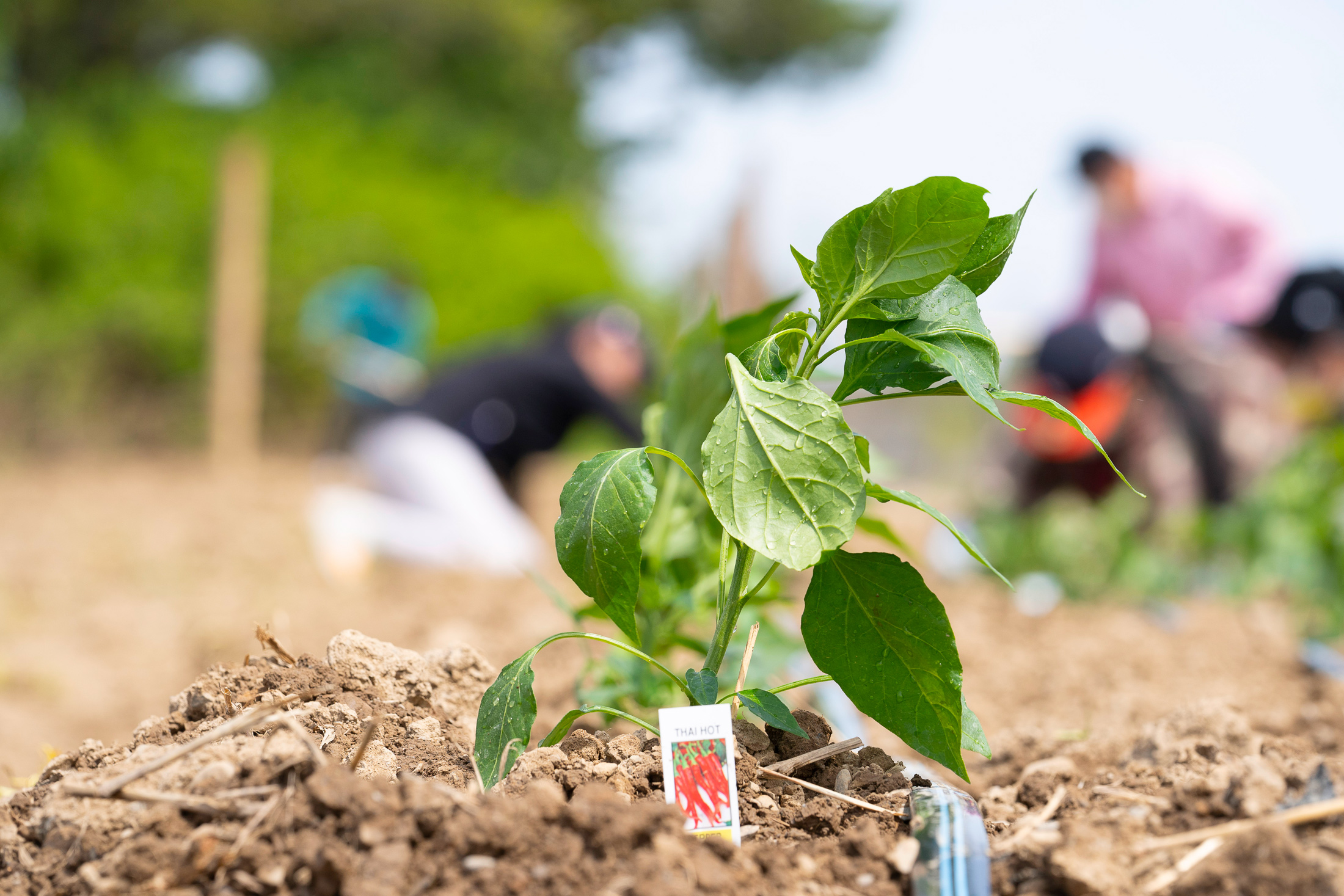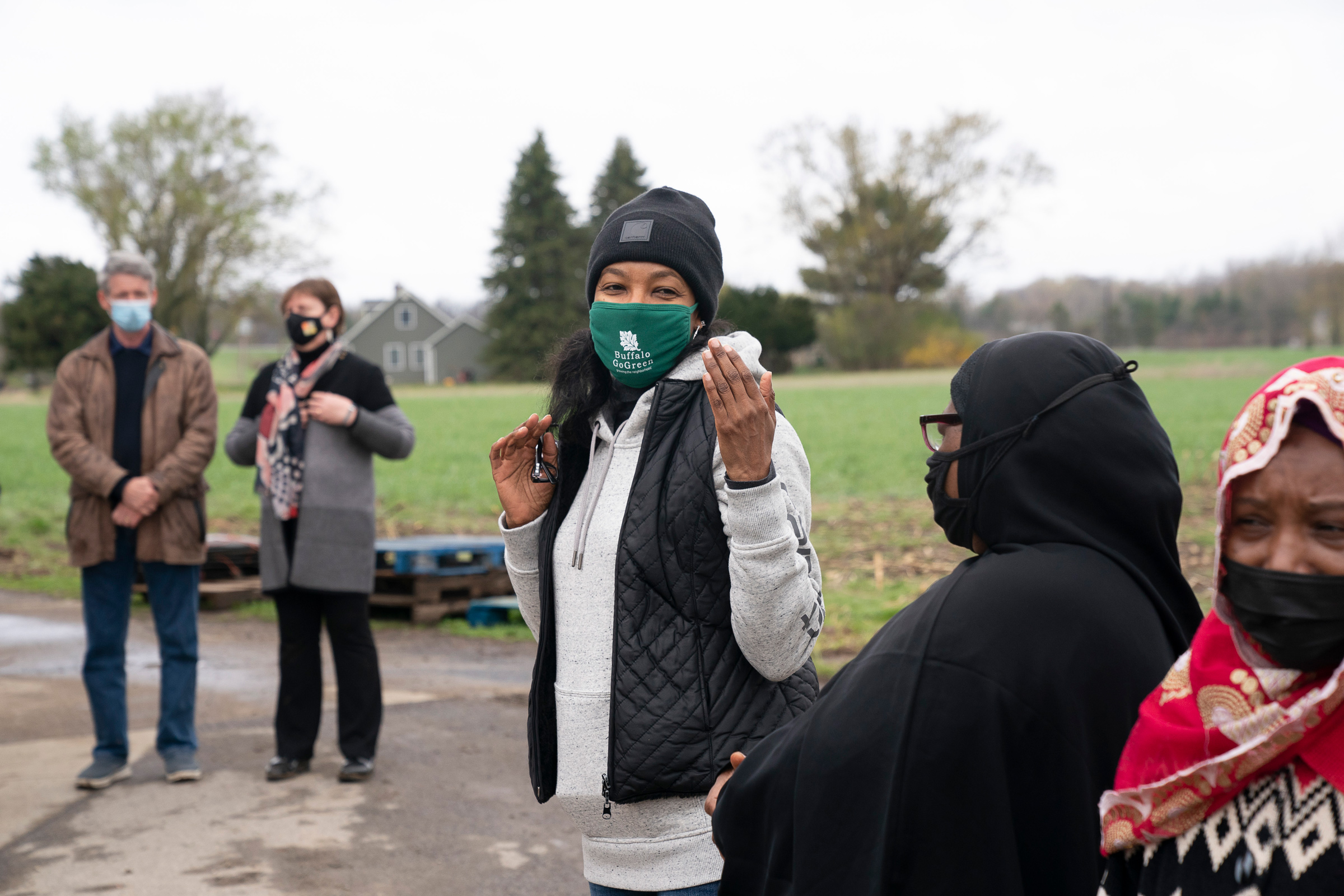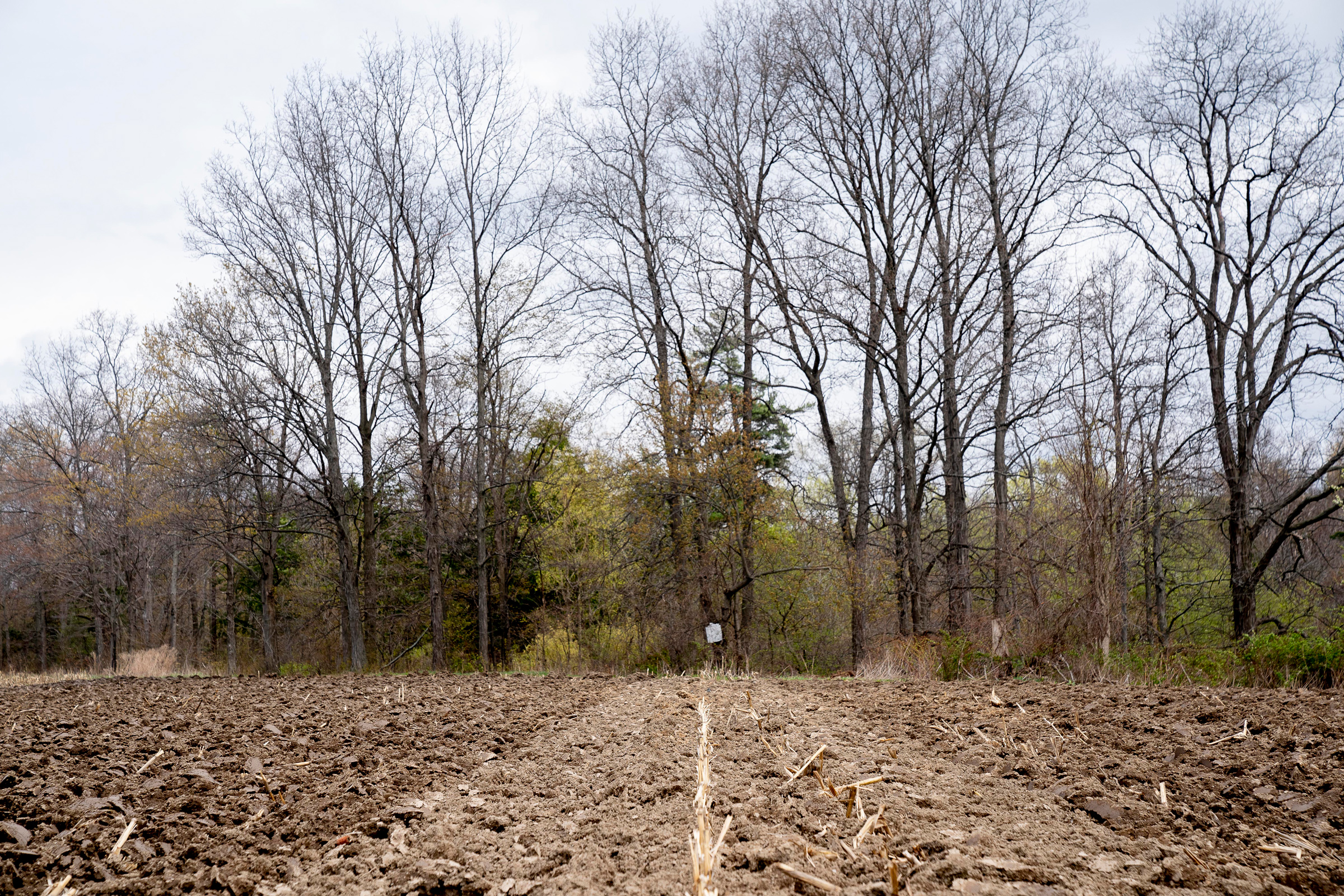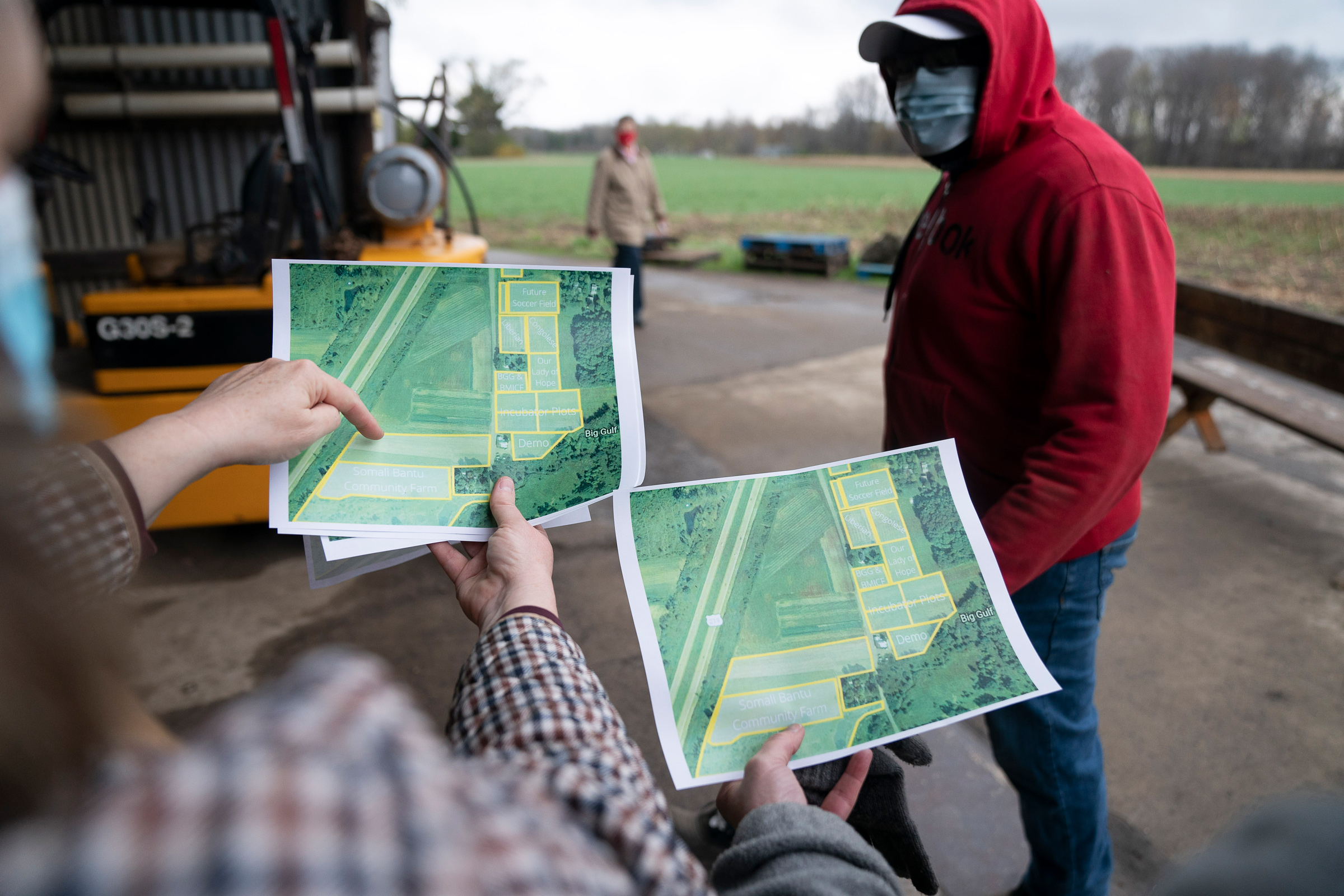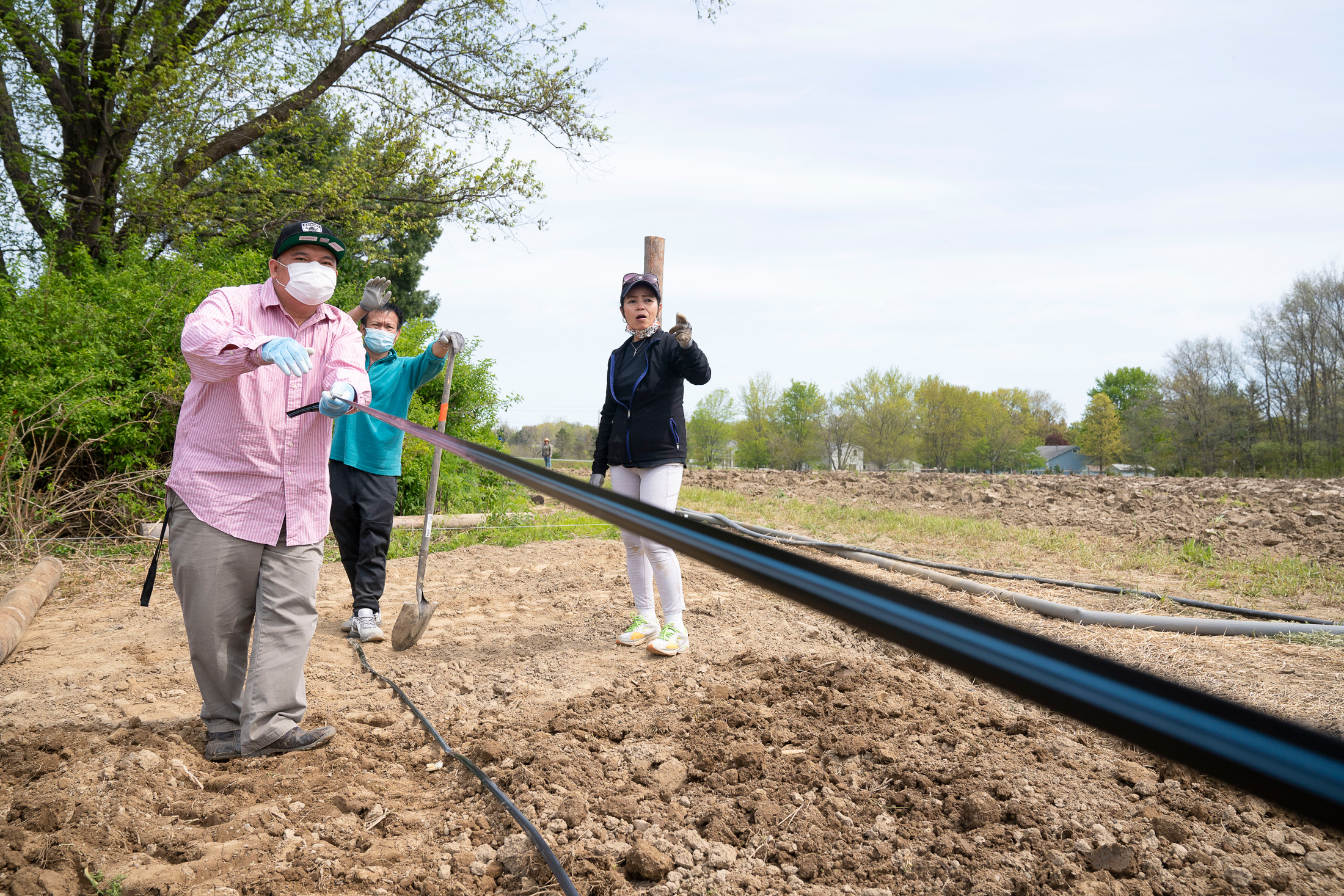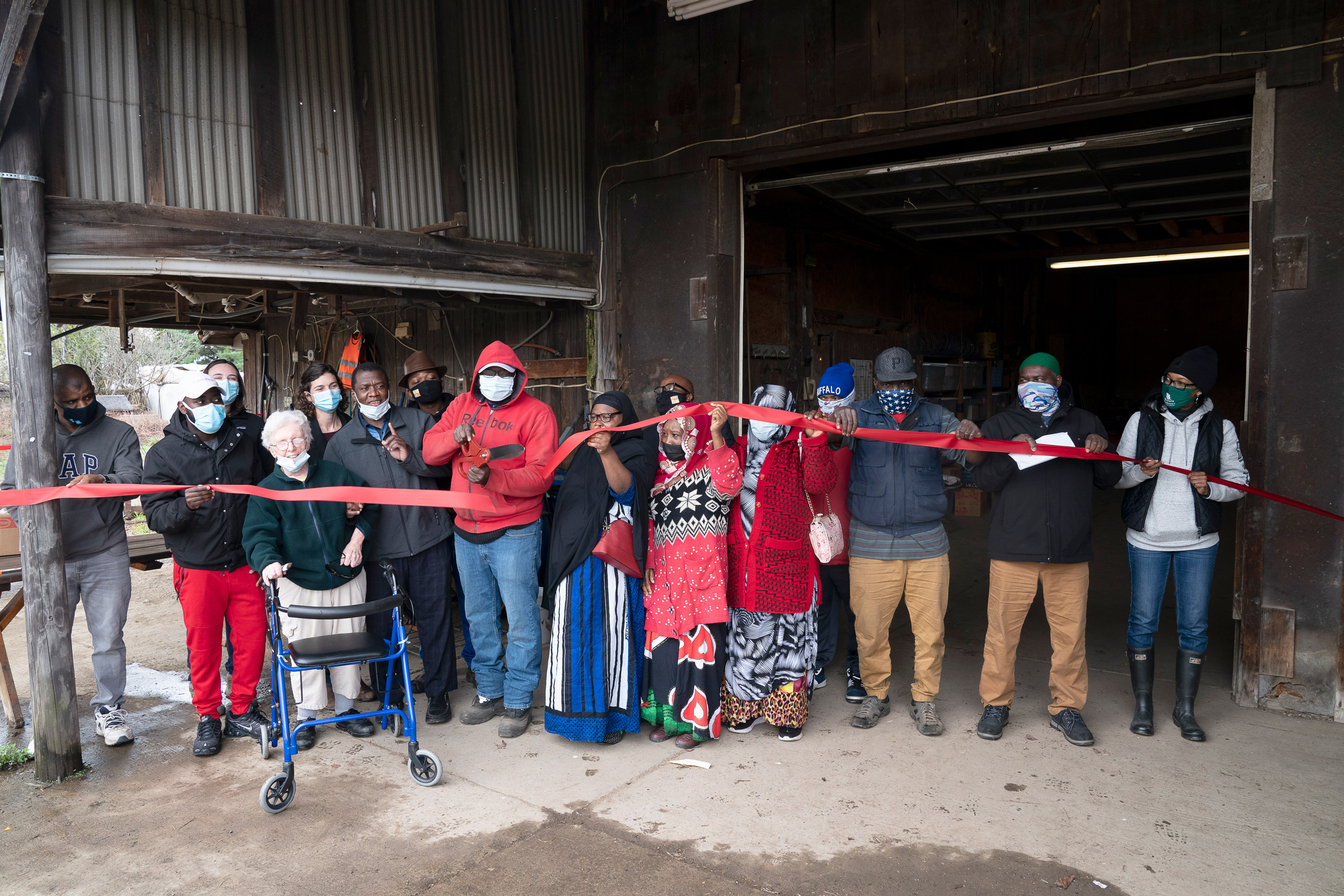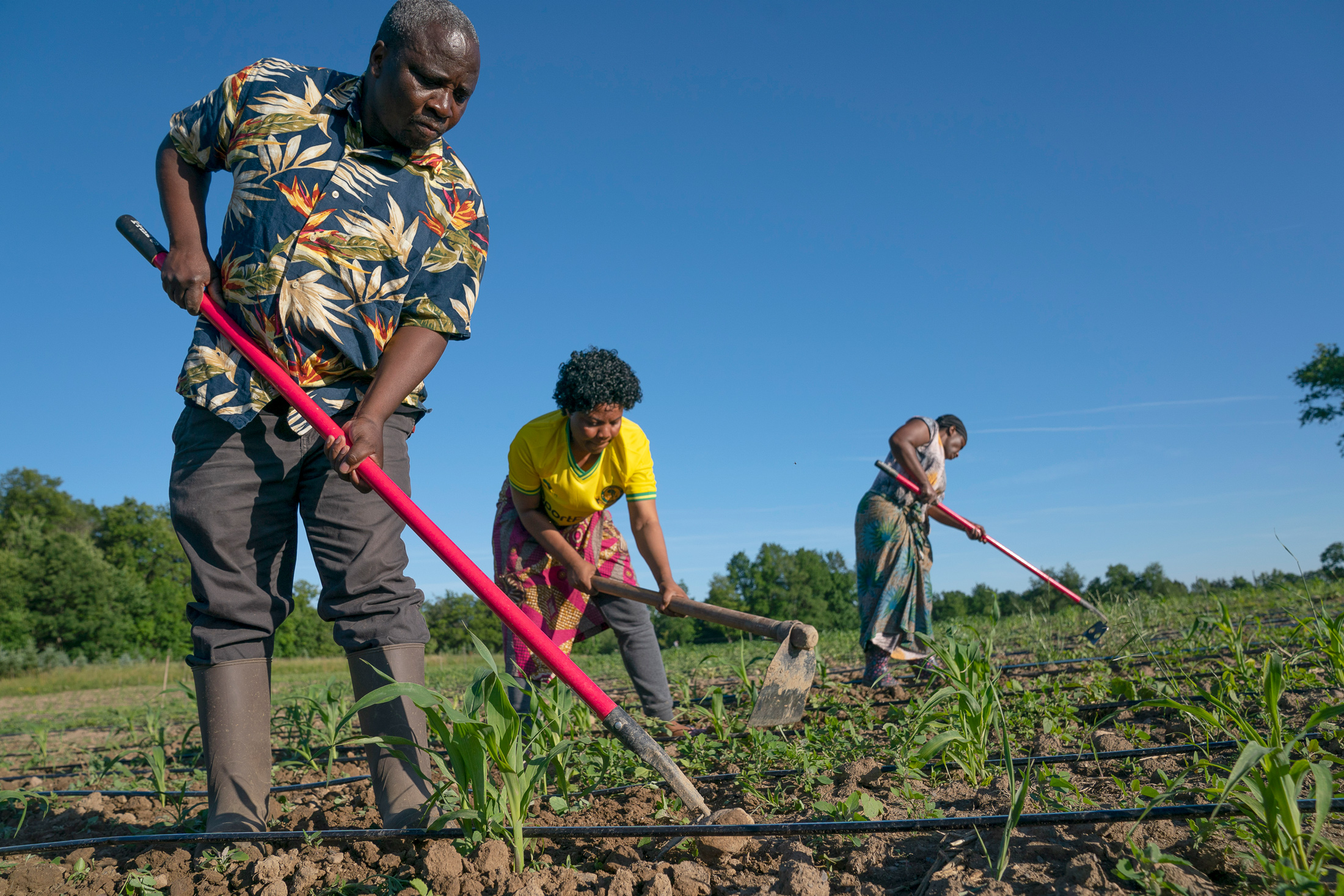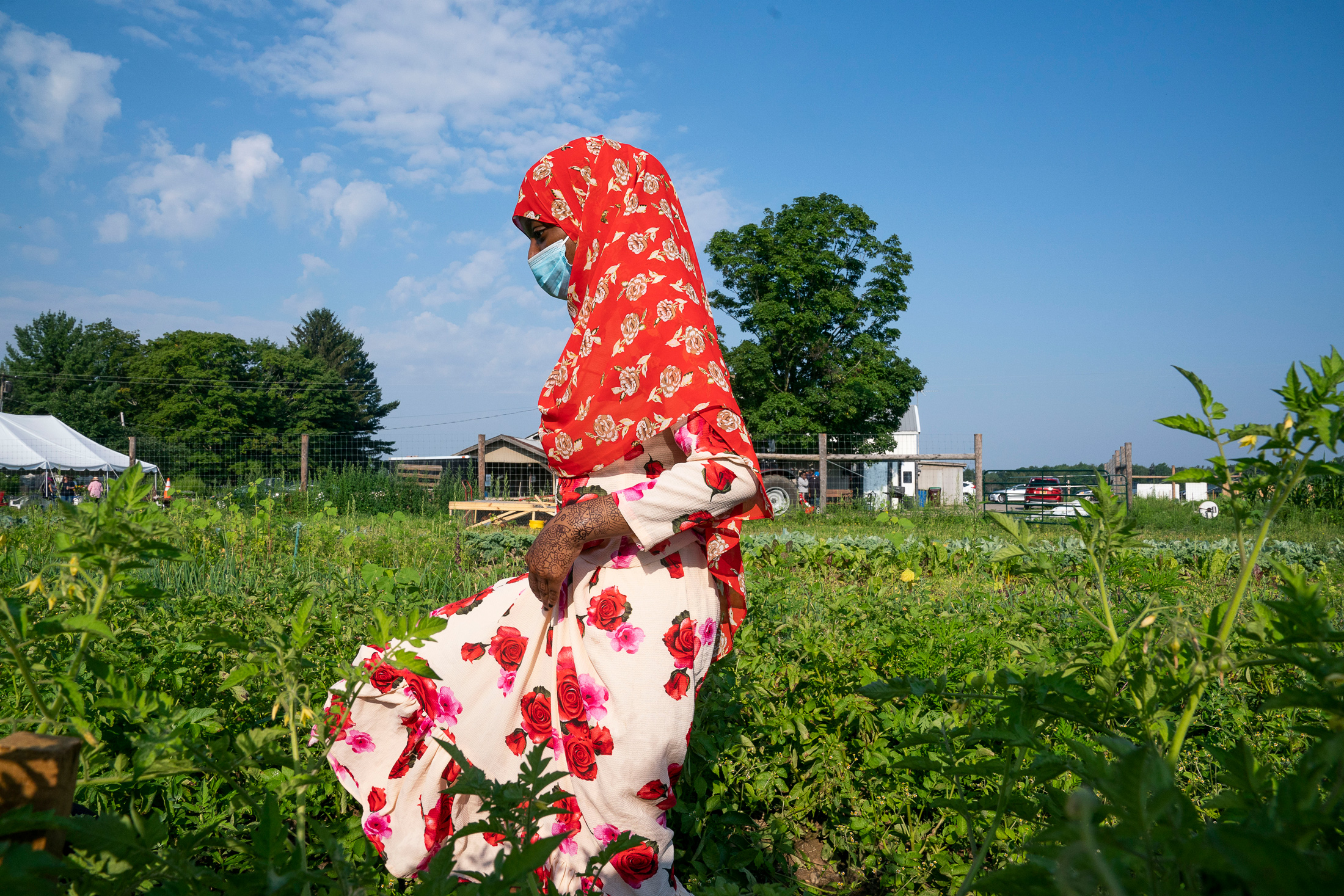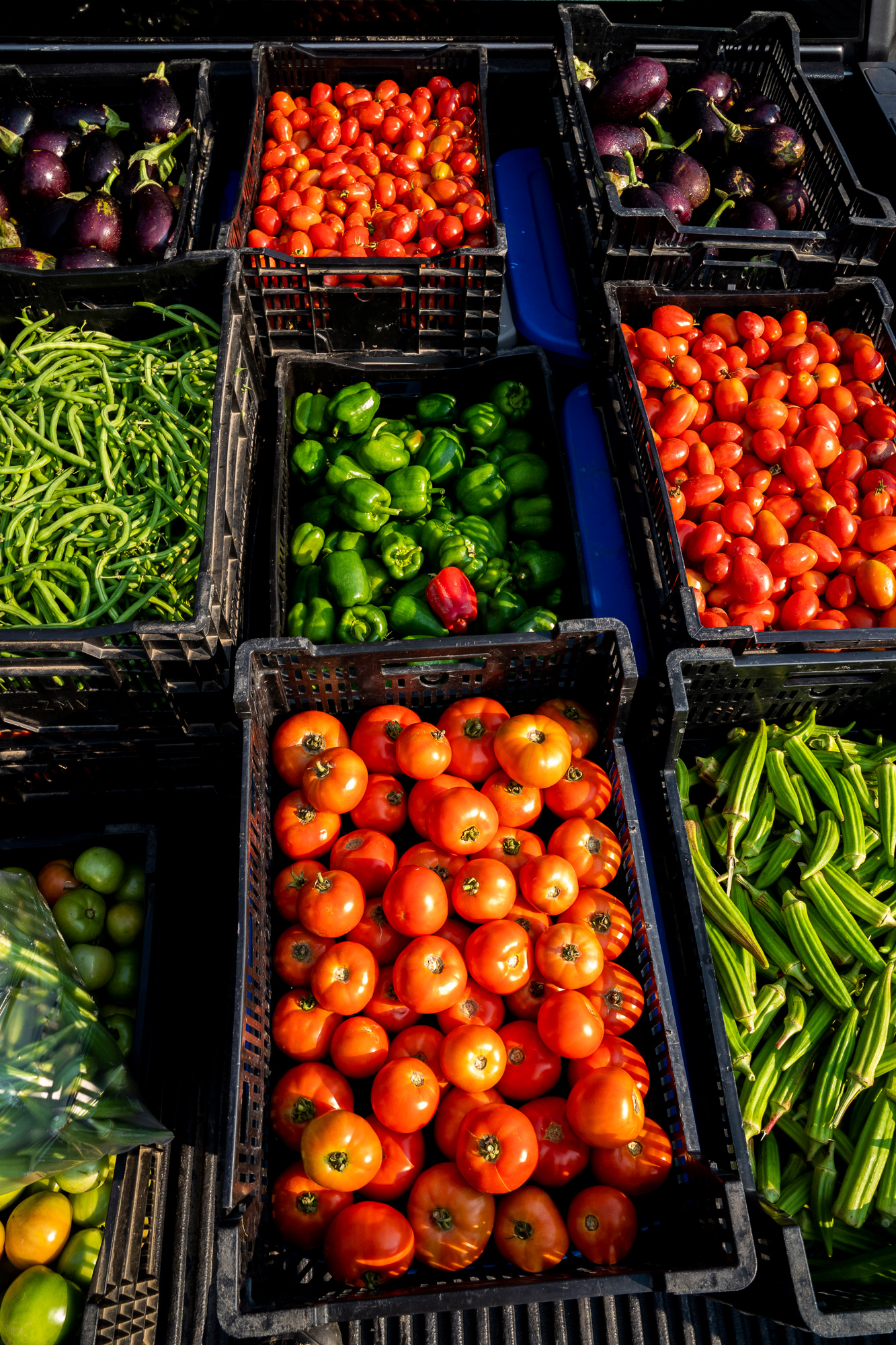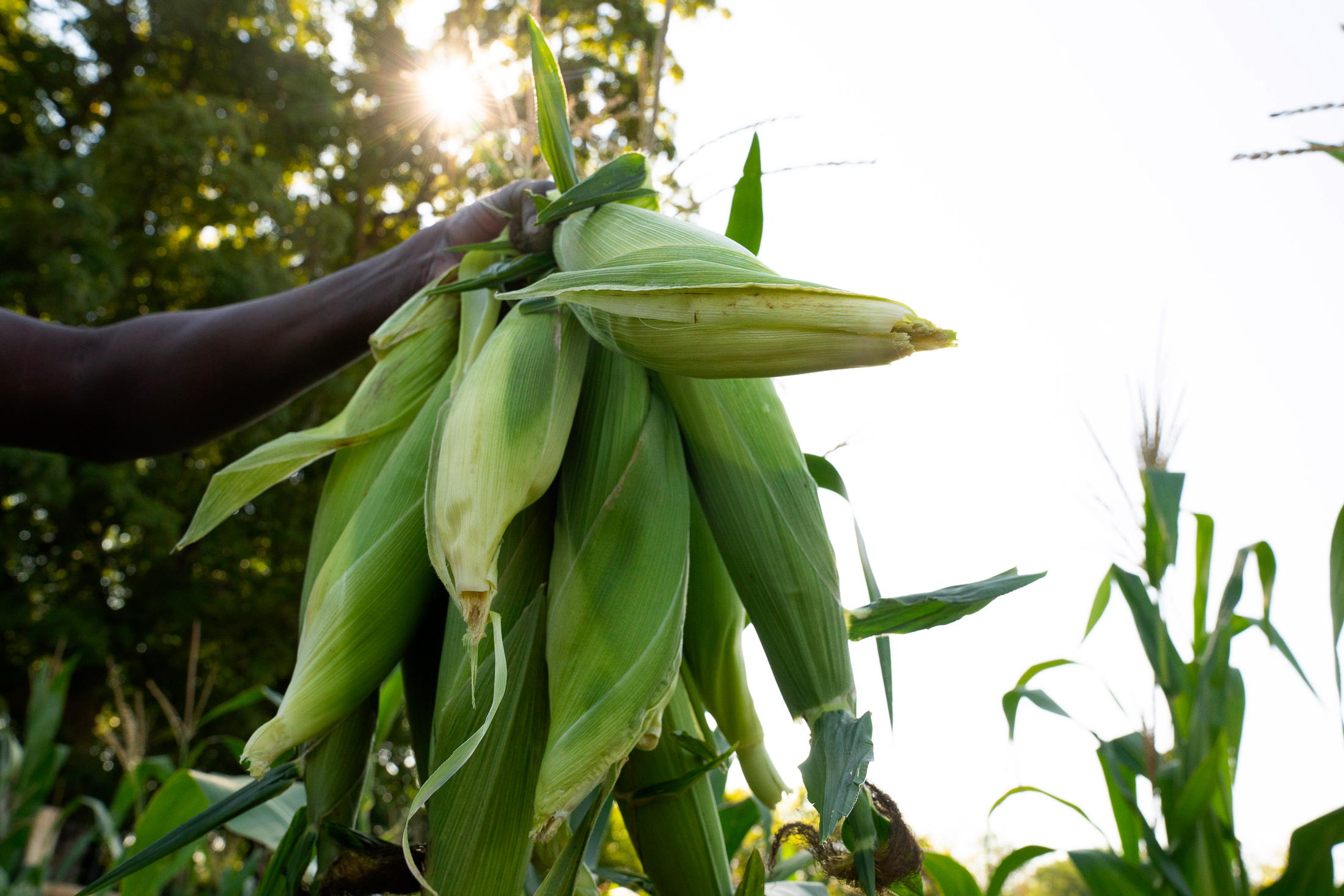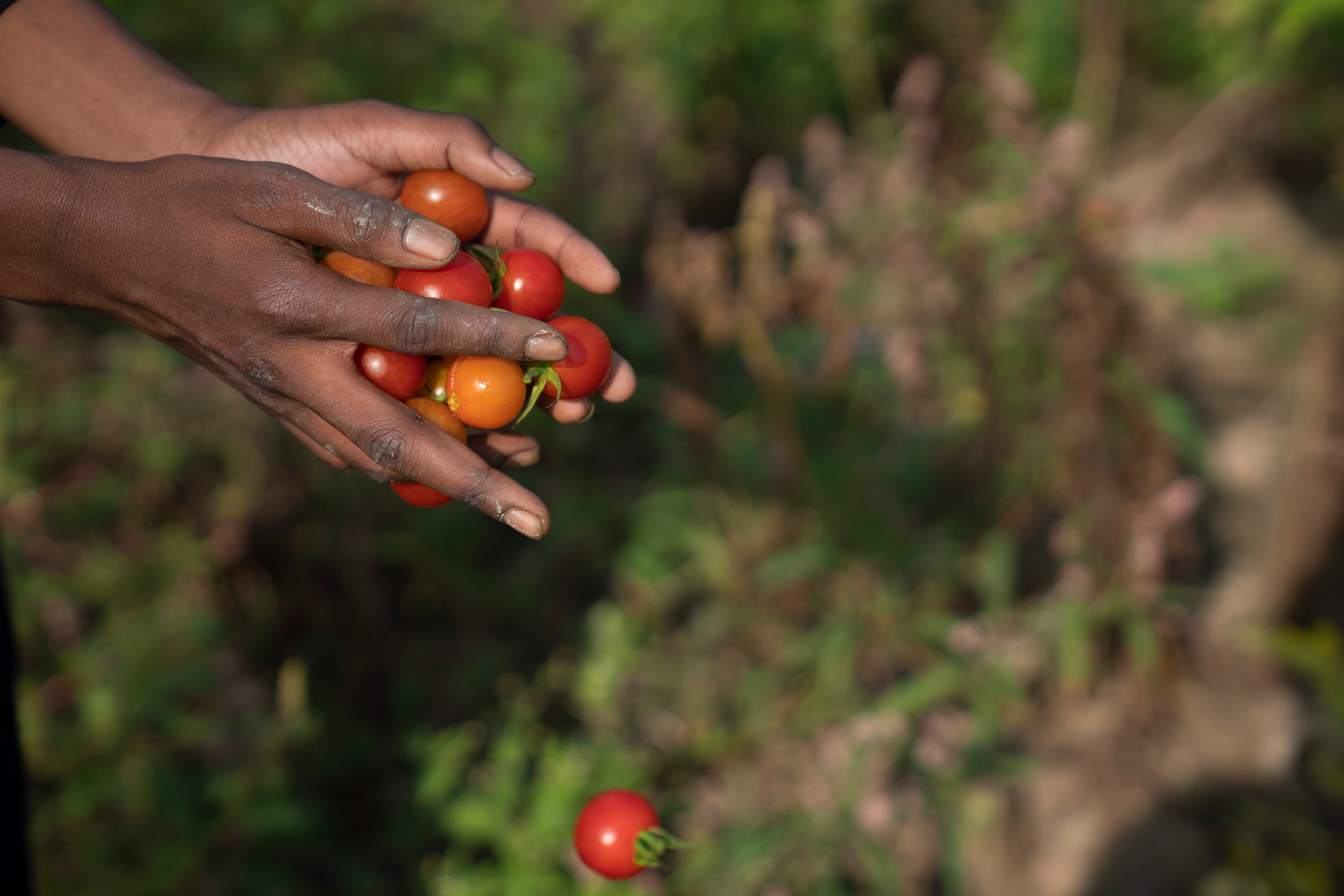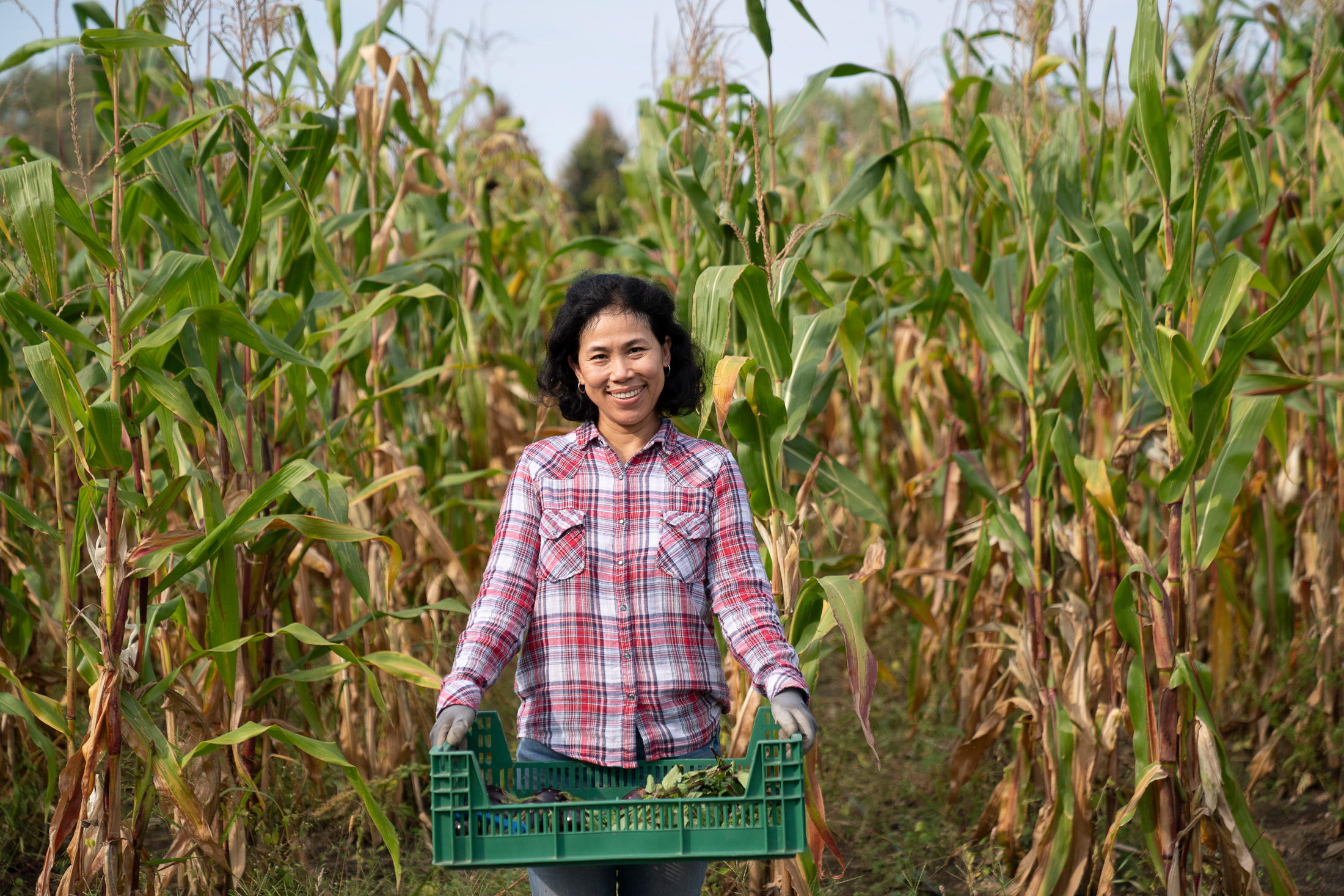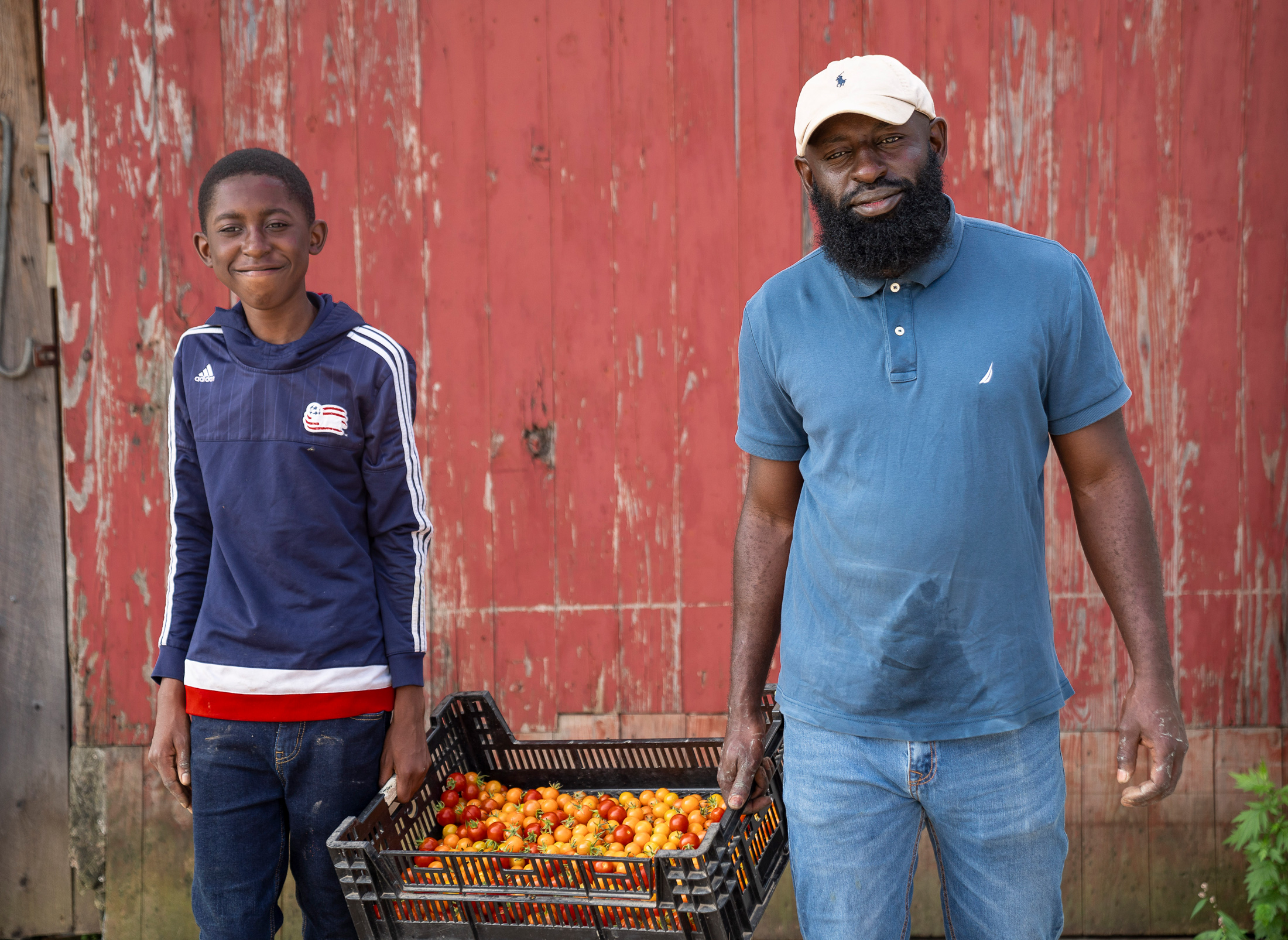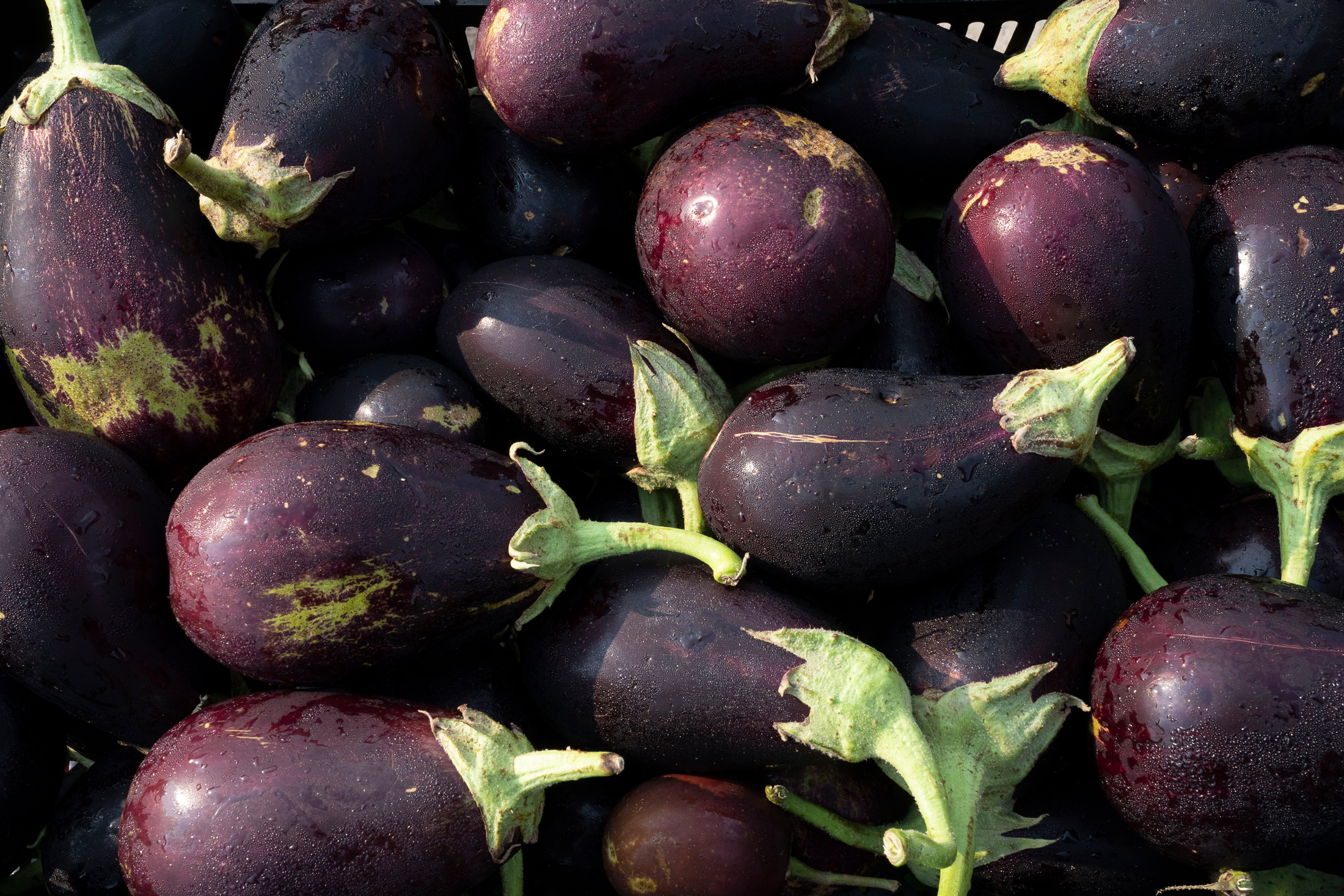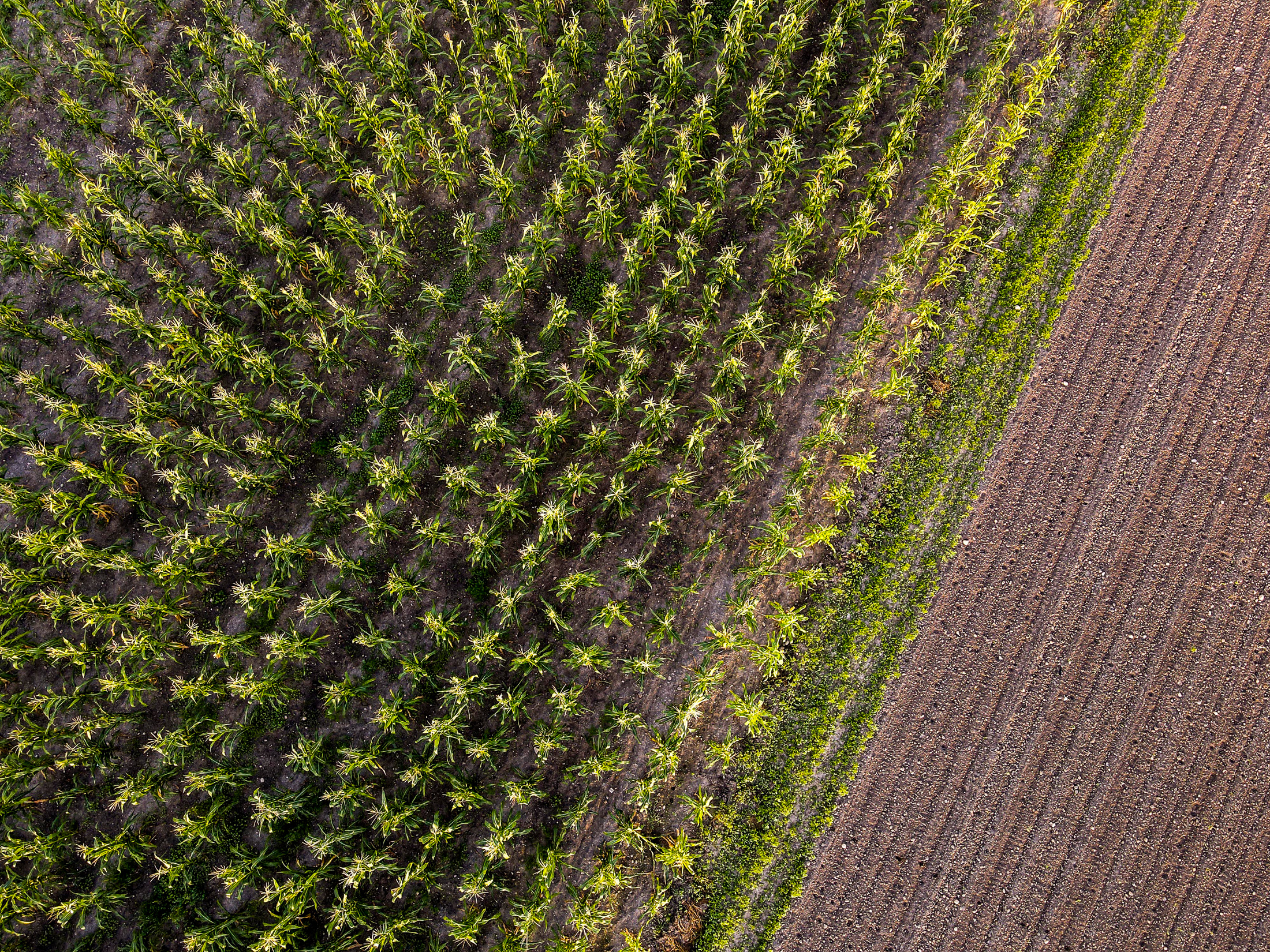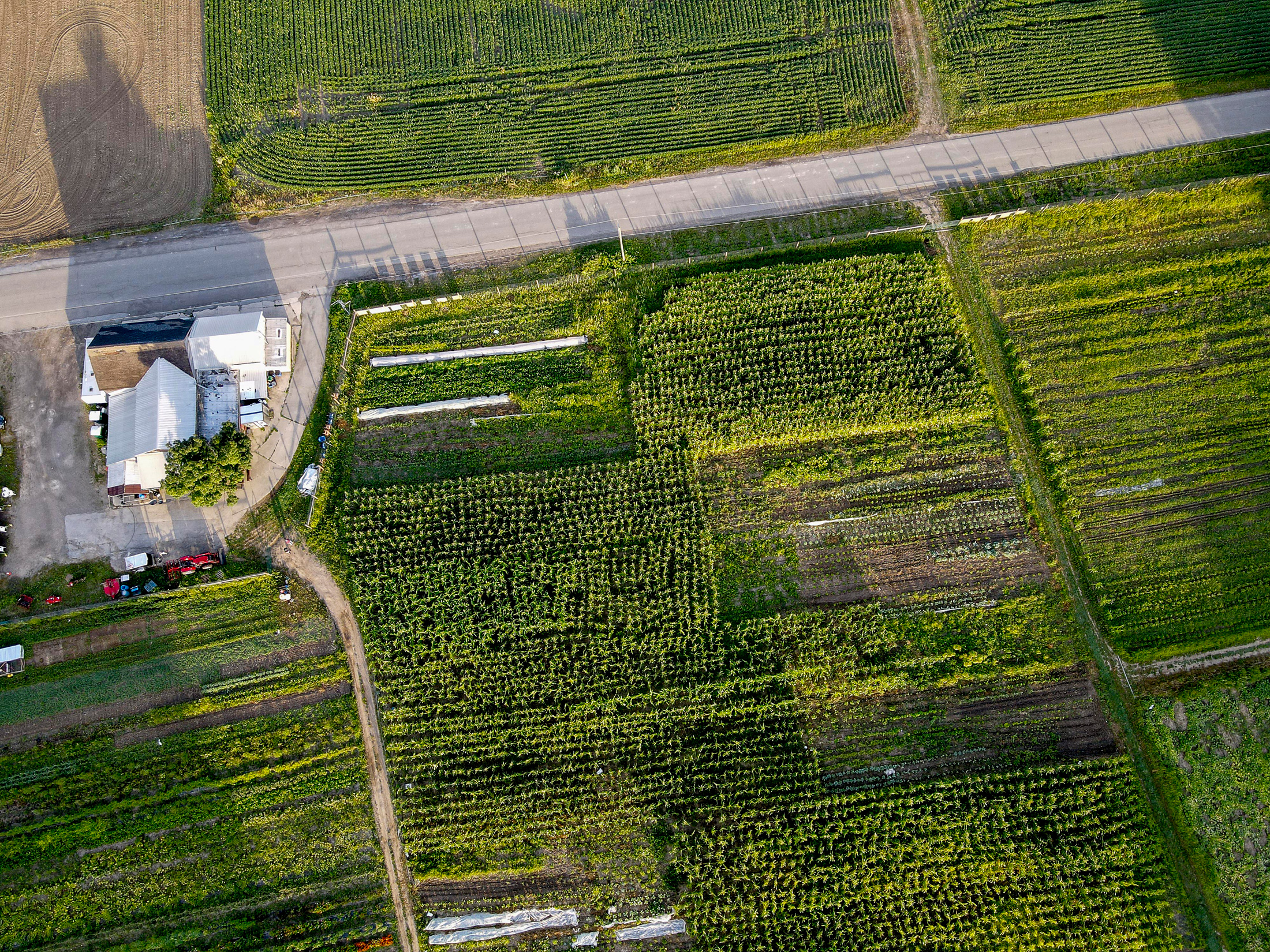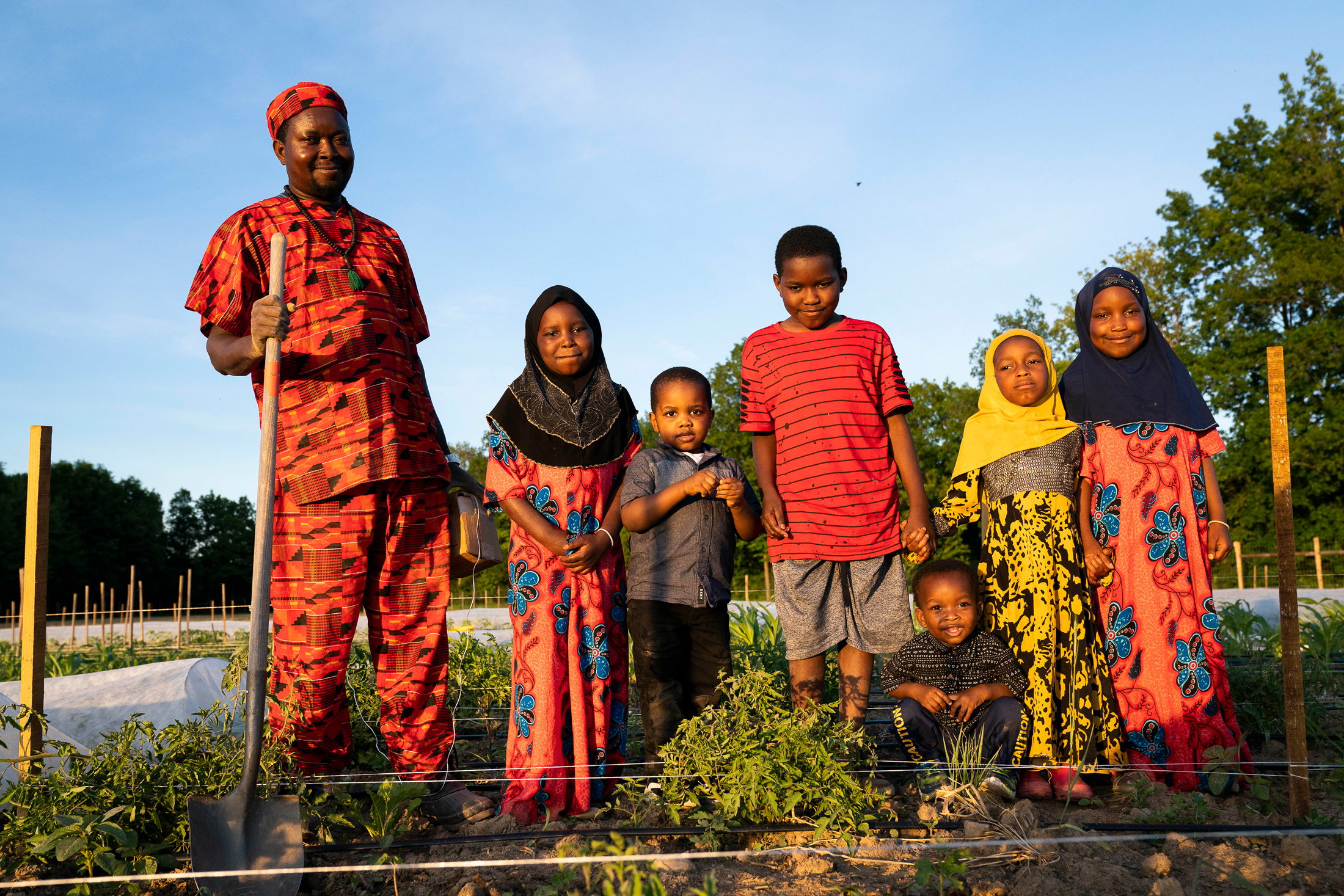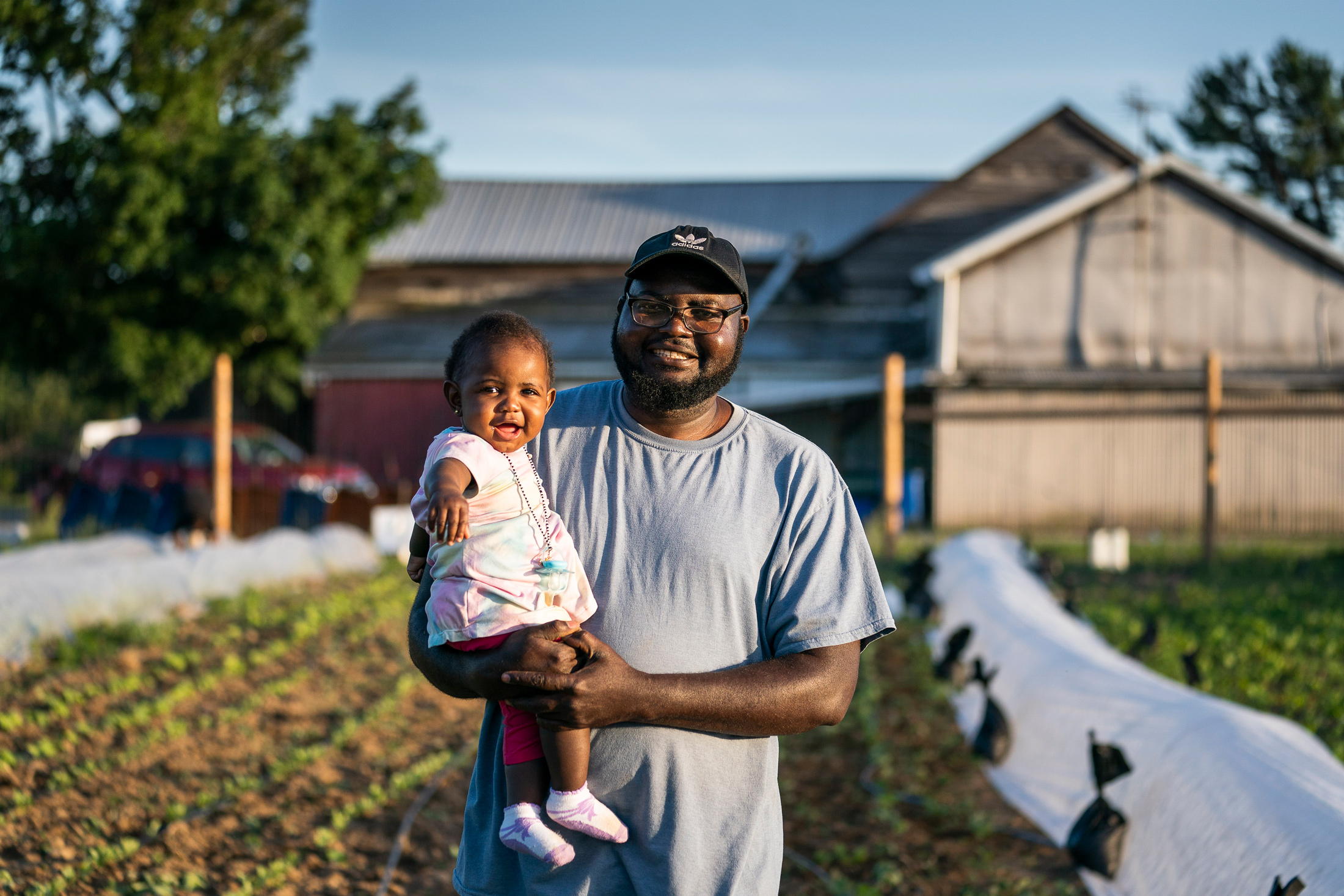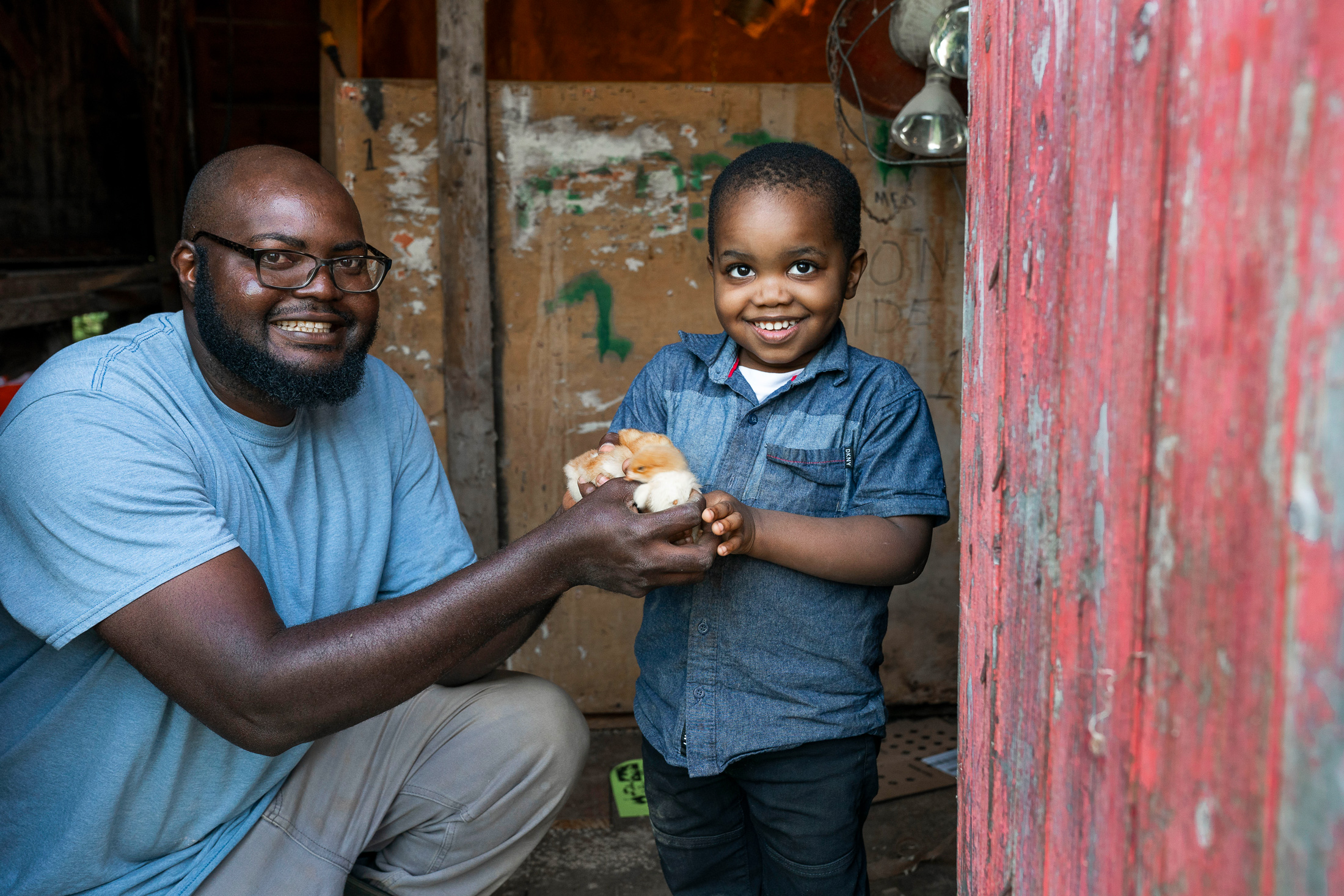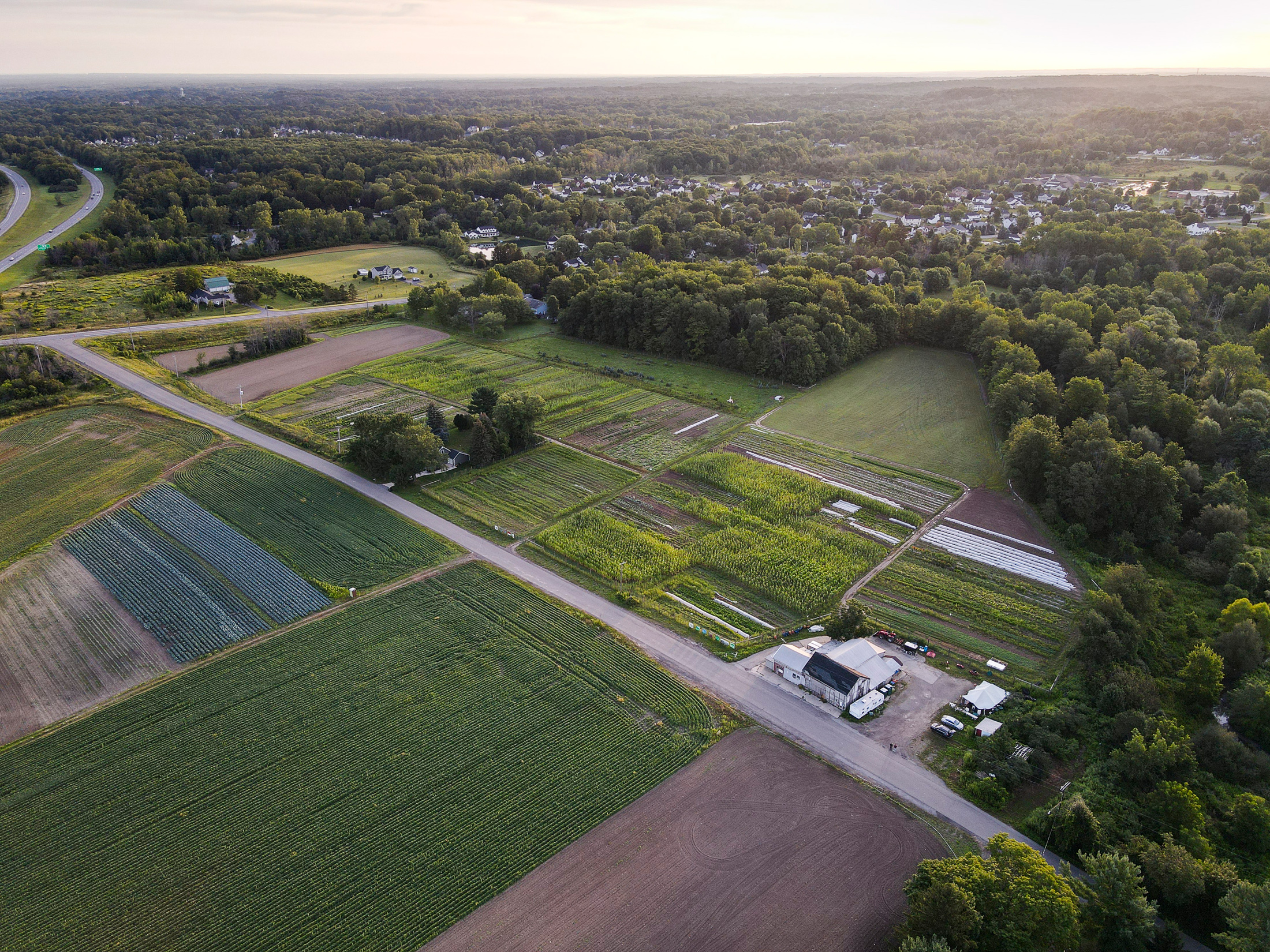Growing out of a three-year pilot spearheaded by the Somali Bantu Community Organization of WNY, Providence Farm Collective (PFC) was founded in 2019 as a nonprofit farm providing farmland and food to communities in need.
As both a collective and incubator farm, PFC is the first of its kind, providing food for nine distinct—mainly immigrant, refugee, and Black—communities. Sharing a mutual interest in understanding and addressing the food insecurity needs of Western New York, Rich Products became engaged with PFC in 2020—just in time to support the collective’s need to scale.
The Challenge
As its initial relationship with the Somali Bantu Community developed into a broader, multicultural vision, PFC needed more funding to optimize its impact.
“We had just launched as PFC and were trying to implement new strategies while working with different communities. To be impactful, we needed to be clear and aligned in our mission, vision, and values. Strategic planning enabled us to do that.”
– Kristin Heltman-Weiss, President of Providence Farm Collective
Complicating matters, PFC and its progenitor, a farm run by the Somali Bantu Community Organization of WNY, were originally located on inarable horse land in East Aurora, NY. The resulting small crop yields, coupled with restrictions around raising meat animals, hindered the collective from achieving the results it sought.
The Solution
The organization turned to Rich’s and was awarded a $10,000 grant to support strategic planning.
The grant was instrumental in creating a mission and vision for the collective, and led to the restructuring of the PFC board to better focus on empowering a farming business mindset. It also helped accelerate PFC’s search for land that would ensure its farmers’ agency by allowing them to diversify the crops and techniques they could use on land they could own.
The Result
The move to Orchard Park was transformative. Access to more arable, designated farmland gave farmers a sense of ownership and pride while allowing them to reap the rewards of their small and sustainable operation. The collective is also able to lease the land for only a dollar a year until the completion of the capital campaign, upon which they plan to open a multi-use pavilion. The pavilion will feature stations for washing and packing, a commercial kitchen for creating value-add products, and designated spaces for PFC farmers.
The change has yielded higher crop outputs, fostered the implementation of blended farming practices (from the farmers’ countries of origin and the U.S.), and bolstered support for more local sourcing and production.
The farmers themselves are also earning more than they did in previous years, as PFC has started its own market on Buffalo’s West Side, where members of the collective can sell their goods. PFC farmers also ship their produce to ethnic communities around the country, providing access to important cultural staples in places where these items are scarce.
The collaboration between Rich’s and PFC continues to grow and develop as the farm and the communities it serves expand. In early 2022, Rich’s awarded the collective a grant to be issued over the next three years, further solidifying the relationship between the two organizations.
Part of this development will be focused on the business aspects of farming. The intention is to grow the number of incubator farms the PFC operates from 12 to 16 by next year and ultimately to 20 farms by 2024.
Through strategic planning and timely initiatives, PFC continues to grow. The Collective works with community partners and food pantries on both the East and West Sides of Buffalo to provide PFC-grown crops that feed individuals and families across WNY. Partners include the Community Action Organization, the Delavan Grider Community Center Farmers Market, The Salvation Army, Provisions 139 by West Side Community Services, FeedMore WNY, and Friends of Night People.
While the issue of food insecurity persists through WNY, PFC represents a locally sourced and sustainable solution. Not only is food being transported and shared with those who need it most, but with the capital campaign coming to end, PFC will be able to buy the 37 acres of land the collective currently operates on.
Ultimately, this will allow them to solidify their commitment to the environment and future generations—ensuring that the farmland is protected for years to come. and holistically meet the health and well-being needs of its farmers, its community, and the land.
“I thought about how sustainability touches upon literally everything—not just the environment or the economy but also people and systems. I think Buffalo–Niagara is a challenging region because of the entrenched poverty and segregation in our region. To me, sustainability is intertwined with equity and resiliency to make Western New York a beautiful place for us all to live in a connected community.”
— Kristin Heltman-Weiss, President of Providence Farm Collective
As new immigrant and refugee communities continue to grow across the U.S., PFC stands as a reminder that investing in equity and resilience on a community level is beneficial all around. Groups like the Somali Bantu, the Karen people, and others come with a wealth of knowledge that put them in a position to actively contribute to the greater good. Projects like the PFC empower them to do just that.
What would you
like to do next?
See our products
Get to know Rich’s
Learn About
Our Impact
Our Impact


